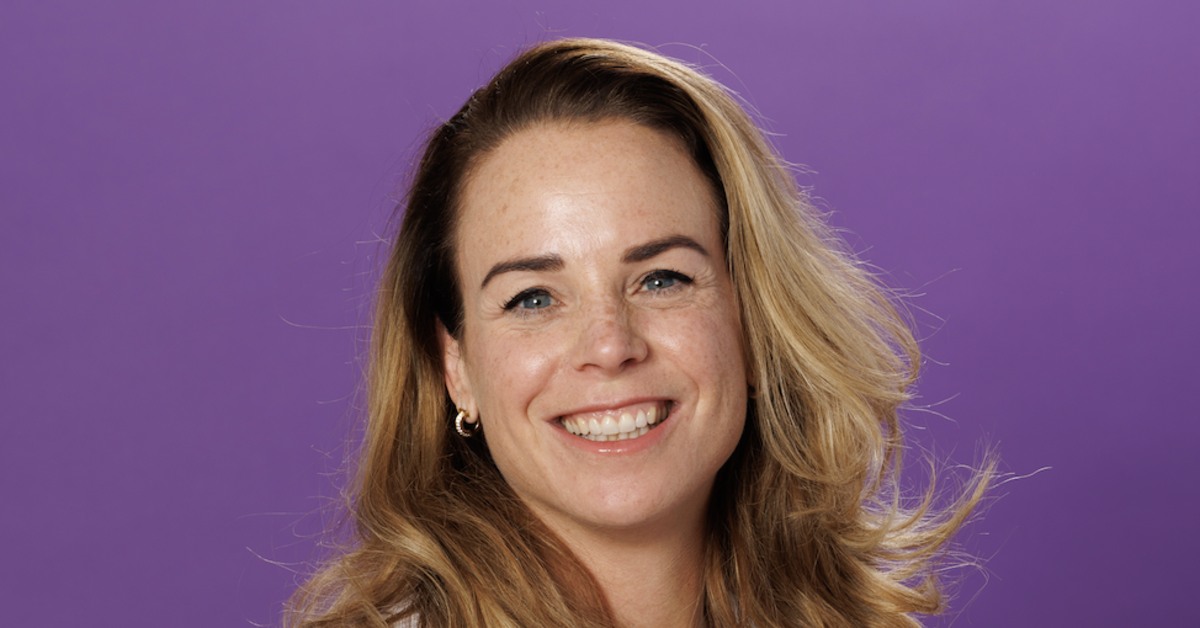The COVID-19 pandemic has pushed businesses to quickly adapt to a new ‘socially-distant’ style of working, with work from home being the new normal. However, this poses a whole new set of challenges as handling the HR functions remotely is not an easy task.
The global human resource management market size is anticipated to reach $38.17B (approx €31.17B) by 2027, registering a CAGR of 11.7% from 2020 to 2027. Even though the market is growing, there aren’t many HR solutions currently available for navigating the new normal brought about by the pandemic.
David Padilla, CEO, and founder of HRtech startup Kenjo believes, “Corona has exposed several weaknesses in HR functions as companies struggled to maintain business continuity while sustaining organisational unity and culture when employees were forced to work from home. Corona has accelerated a trend that was already there: more flexible work models.”
Raises €5.1M
This is where Kenjo wants to make a difference with its all-in-one HR automation software. The startup has raised $5.5M (approx €5.1M) in its seed round of funding. According to the startup, it is the largest seed round for a HRtech in 2020, and the second largest seed round in HRTech overall.
The round was led by Redapline – one of the early investors in fintech unicorn N26 and leading tax-reimbursement platform Taxfix. Other investors include Julian Teicke (CEO and founder of Wefox, the insurtech which recently became a unicorn), and Maximilian Thayenthal (founder of N26).
The investment will be used for market expansion as the company focuses on increasing its presence in Germany. In 2021, Kenjo will expand into Austria, Switzerland, and Spain, as well as accelerate product development. The startup aims to deliver a five-fold return on its investment in product and technology.
Padilla says, “Our goal is to become the number one HRTech provider that puts employees at the center of their HR strategy. Our value proposition is centered around employee productivity, engagement, experience, and retention, as opposed to optimising for process efficiency.”
What does “Kenjo” mean?
Kenjo is derived from the Japanese word “Kenshō” which comes from the Zen tradition. Ken means “seeing”, shō means “nature, essence”. It is usually translated as “seeing one’s (true) nature”, according to the Buddha-nature or nature of mind.
David Padilla says, “We built Kenjo for the future of work, which is for teams to work remotely but remain constantly connected to their organisations and, more importantly, hands-on control over their personal and professional development no matter where they are in the world. However, COVID-19 has ushered in this new way of working a lot faster than we anticipated”.
Founded in 2019 by David Padilla (CEO and co-founder) and Gonzalo Abruna (CTO and co-founder), Kenjo is an all-in-one cloud-based HR software with features such as attendance and performance tracking, goal setting, managing internal communication, and workflows that have the power to accelerate the access of innovation and digital transformation.
This is especially important for employees working remotely as establishing a sense of belonging and ownership within the company is vital when working apart.
According to the company, with Kenjo, HR teams can manage on/off-boarding, time-off, employee documents as well as employee pulse surveys and feedback, enabling organisations to eliminate the frustration of tedious HR processes through digitisation and automation.
David Padilla feels, “Traditional HR systems are on the verge of a major overhaul and the majority of HR software providers are only rebuilding old systems with new technologies, reinforcing traditional practices. That’s no longer viable to manage an emerging, and radically different, workforce.”
Earlier in May this year, Kenjo raised $1.7M (approx €1.43M) in an angel round.
Image credit: Kenjo










01
From telecom veteran to Dutch Startup Visa success: The Jignesh Dave story